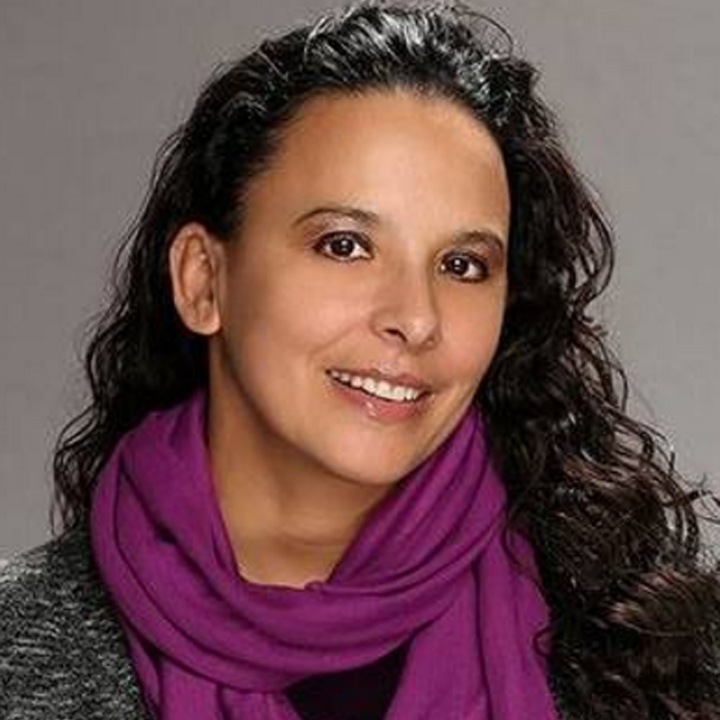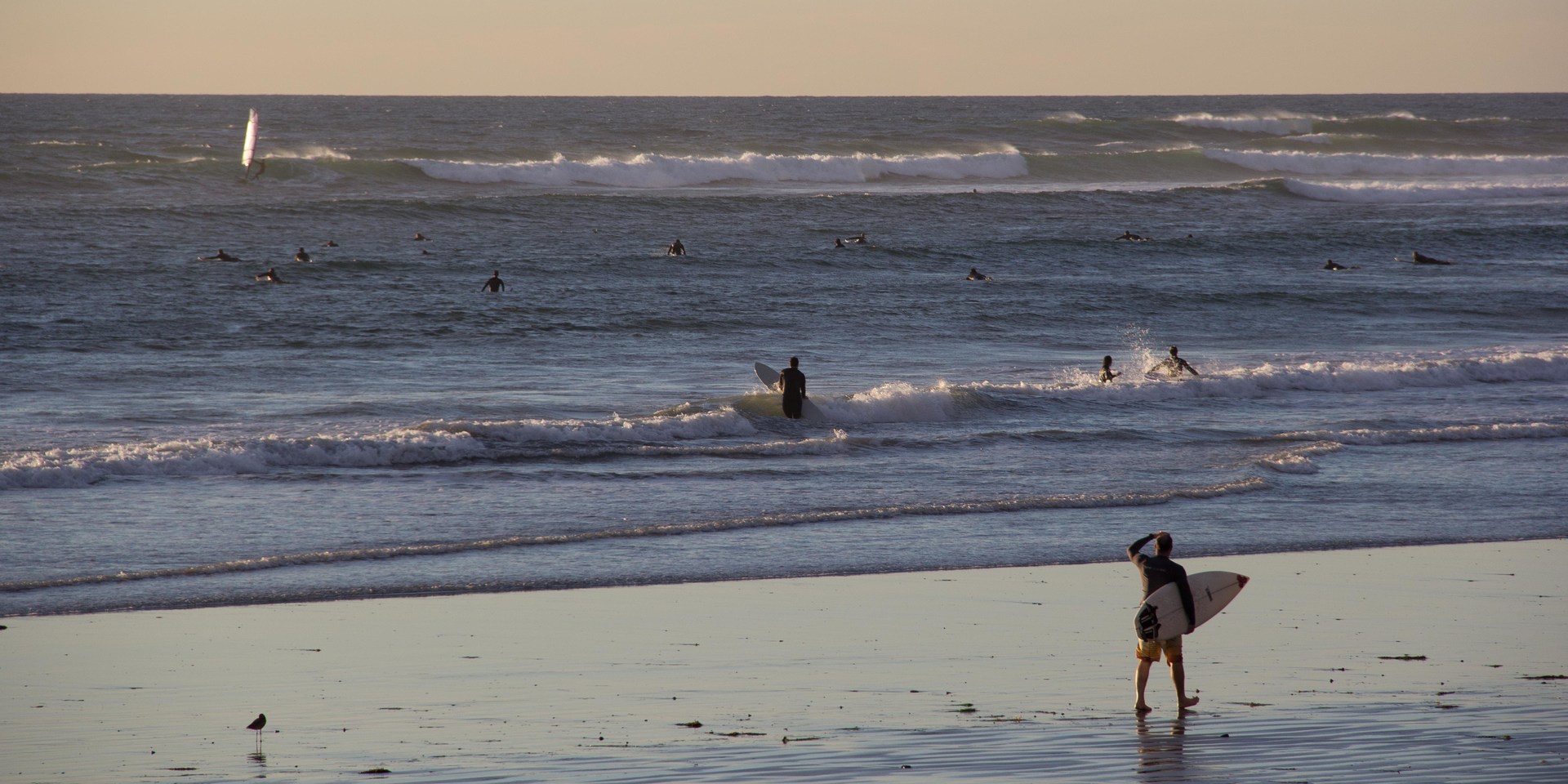Shark researcher featured on Discovery and National Geographic to present at SDSU surf conference

Los Angeles native, surfer, skater, and SCUBA diver; Apryl Boyle’s undergraduate degree from the University of Tampa is a double major of marine science & chemistry. Her Master’s degree is in Biomedical Science from the department of Biostatistics, Bioinformatics, and Epidemiology at the Medical University of South Carolina. She’s focused her research and advocacy work on sharks and has been featured on Discovery Channel, National Geographic, and other international media. Apryl is working to create Citizen Scientists and advocates for ocean and shark conservation. She is based in Los Angeles and is an independent researcher and advocate.
Says Apryl: When the average non-surfer discovers that I surf there’s a good chance they’re going to ask me about sharks and if I am afraid of them. Movies, media, and pop culture have sensationalized the “shark attack” into something that beachgoers feel is a legitimate threat to their lives. Even longtime surfers claim that, at times, the water “feels sharky”. Some countries even kill large, breeding age sharks in order to preserve their “surfing heritage” or in the name of public safety. While parts of the world indeed have have higher instances of shark encounters than others, the actual number of unprovoked shark attacks worldwide is incredibly low. Given the billions of people that participate in aquatic recreational activities every year this is significant.
Second-hand stories, misinformation, and media sensationalism are among the dangers facing shark populations globally. Hollywood has successfully capitalized on audiences’ fear of the unknown to vilify sharks and create the “shark attack” as we know it today. Peter Benchley’s Jaws successfully started the now widely accepted fear of sharks. Humans cannot see what’s under the ocean’s surface to an extent and cannot breathe under water without special equipment, therefore creating a recipe for concern and misinterpretation. Benchley’s story did a great job of this in the film as you really don’t get a good look at the shark right away, creating suspense and fear.
As ocean stewards and advocates, surfers are important voices for shark conservation efforts and as citizen scientists. These misunderstood apex predators have survived for 400 million years (including mass extinction events) but are in danger of becoming extinct due to human interference. Humans kill nearly 100 million sharks globally on an annual basis through illegal fishing, fisheries bycatch, and culls. While there are regulations in place to protect these animals it isn’t enough. What many humans don’t realize is that without sharks surfing, our ocean, and our planet are all on the path to extinction. Public education is vital to the shark’s survival in the future.

